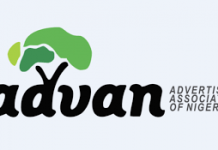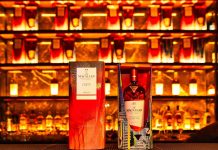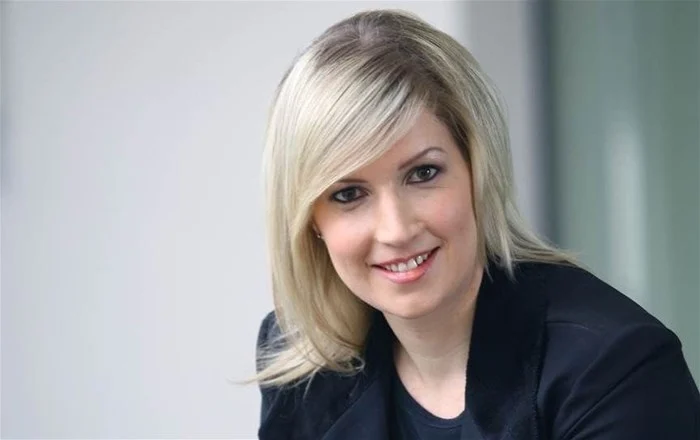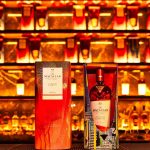The Standards Organisation of Nigeria(SON) has revealed that it has made over 20 arrests, with eight offenders prosecuted this year in Lagos state, due to sales of substandard products.
The director of the Standards Development Directorate, SON, Engr.Yahaya Bukar, who disclosed this during the annual ‘walk for standards’ day celebration, organised by SON, on Saturday in Lagos, assured Nigerians of the organisation’s determination to stamp out counterfeit products in the country.
Bukar averred that, counterfeit destroys the economy of any Nation, and its usage can lead to serious health issues. “This is the reason we are using this walk to create awareness on the importance of purchasing goods that are certified by the organisation. We are also using this medium to warn manufacturers to ensure they follow the stipulated standards for producing goods in the country.
“The world is emerging towards having common activities and products, hence the reason we are sharing the vision of ensuring that Nigerians get the same standards of products anywhere in the world. We at SON ensure that whatever that is coming into the country meets international standards. If we do not move along with the rest of the world, we are going to face a lot of challenges, as a lot of fake and substandard goods will flood our markets. We are doing everything possible to prevent that from happening.
“As for the locally manufacturing companies, we carry out factory inspections on a daily basis. We go from factory to factory to sensitise the people on the need to comply with the Mandatory Conformity Assessment Programme (MANCAP). We prosecute those who are not complying with our standards, to serve as a deterrent to others. Today, we have left our comfort home to help Nigerians understand the need for standard products,” he said.
In the same vein, the director, Inspectorate, Compliance Department, Pious Manji posited that, standard is the yardstick for measuring any products, even as he assured that SON will continue to carryout inspection of products mostly imported into the country, to ensure that they comply with standards.












































